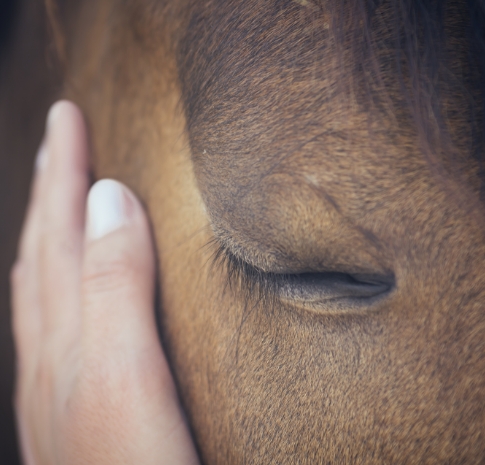The most obvious sign of salmonella is debilitating diarrhoea, which can prove deadly.1 Dehydration also results.1
The infection can cause septicaemia – bacterial blood infection that can spread to multiple organs and lead to death – particularly in foals.1
Signs of septicaemia include:
- High fever
- Dullness and depression
- Bacterial spread to other organs
- Possible death within 24 to 48 hours

